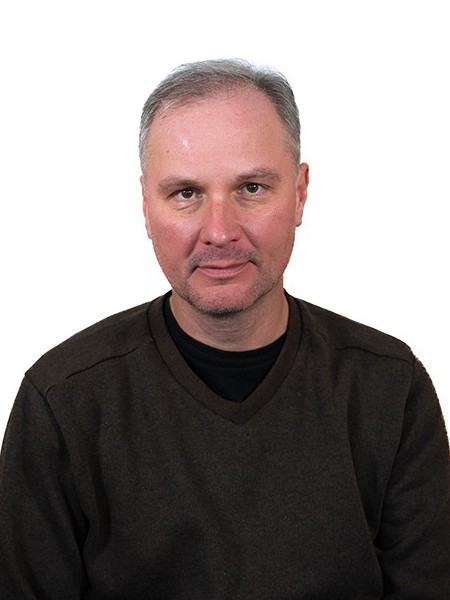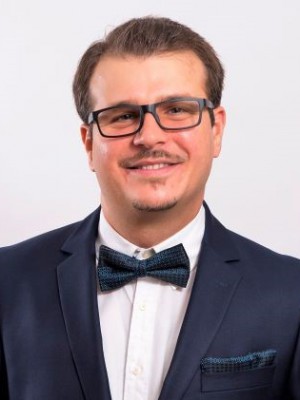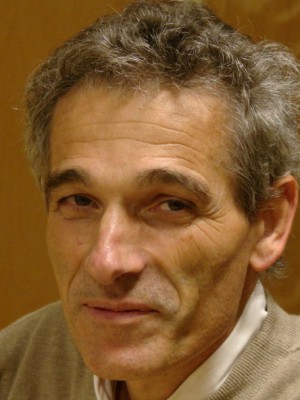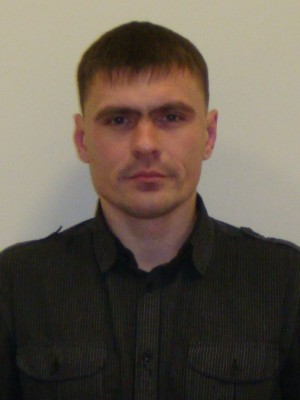resumo
The electrochemical reduction of iron oxides in alkaline media arises as a novel approach for ironmaking and iron-rich waste valorisation. Strong advantages and attractive aspects of alkaline electroreduction include lower electric energy consumption, absence of CO2 emissions, and non-polluting valuable by-products such as H-2 and O-2. Another potential advantage originates from the compatibility of this concept with intermittent renewable energies. However, to bring this technology to a competitive level, especially compared to the traditional steelmaking, innovative approaches and developments in materials processing and their appropriate integration into the electrolysis process are required. This research work explores the prospects for electrochemical reduction of a magnesium-containing ferrospinel, as a potential component in iron-containing wastes. The experimental approach considers bulk cathode- and suspension-based electrolysis concepts, which allow reaching 55% and 20% Faradaic efficiencies of the reduction to metallic iron, respectively. The effects imposed by the magnesium presence on the electroreduction kinetics, phase composition and morphology of the electroreduction products are evaluated and discussed. The obtained results open new perspectives for the recovery of metallurgical residues with low magnesium impurities content.
palavras-chave
TEMPERATURE ELECTRICAL-CONDUCTIVITY; HEMATITE PARTICLES; REDOX STABILITY; ELECTRODISSOLUTION; ELECTROREDUCTION; ADSORPTION; ELECTRODES; MGFE2O4; STEEL; FILMS
categoria
Electrochemistry; Materials Science, Coatings & Films
autores
Lopes, DV; Lisenkov, AD; Sergiienko, SA; Constantinescu, G; Sarabando, A; Quina, MJ; Frade, JR; Kovalevsky, AV
nossos autores
Projectos
CICECO - Aveiro Institute of Materials (UID/CTM/50011/2019)
Thermoelectric oxide composites: design through controlled interactions (TEOsINTE)
agradecimentos
The authors would like to acknowledge the financial support of the research fellowship BI/UI50/9051/2020 provided by the European Commission (project SIDERWIN-DLV-768788-Horizon 2020/SPIRE10) and CICECO-Aveiro Institute of Materials (ref. UID/CTM/50011/2019), financed by national funds through the FCT/MCTES. Gabriel Constantinescu acknowledges the support of the TEOsINTE project (Grant agreement ID: 101003375), funded under the H2020-EU.4. Programmes (Funding Scheme: MSCA-IF-EF-ST-Standard EF).







